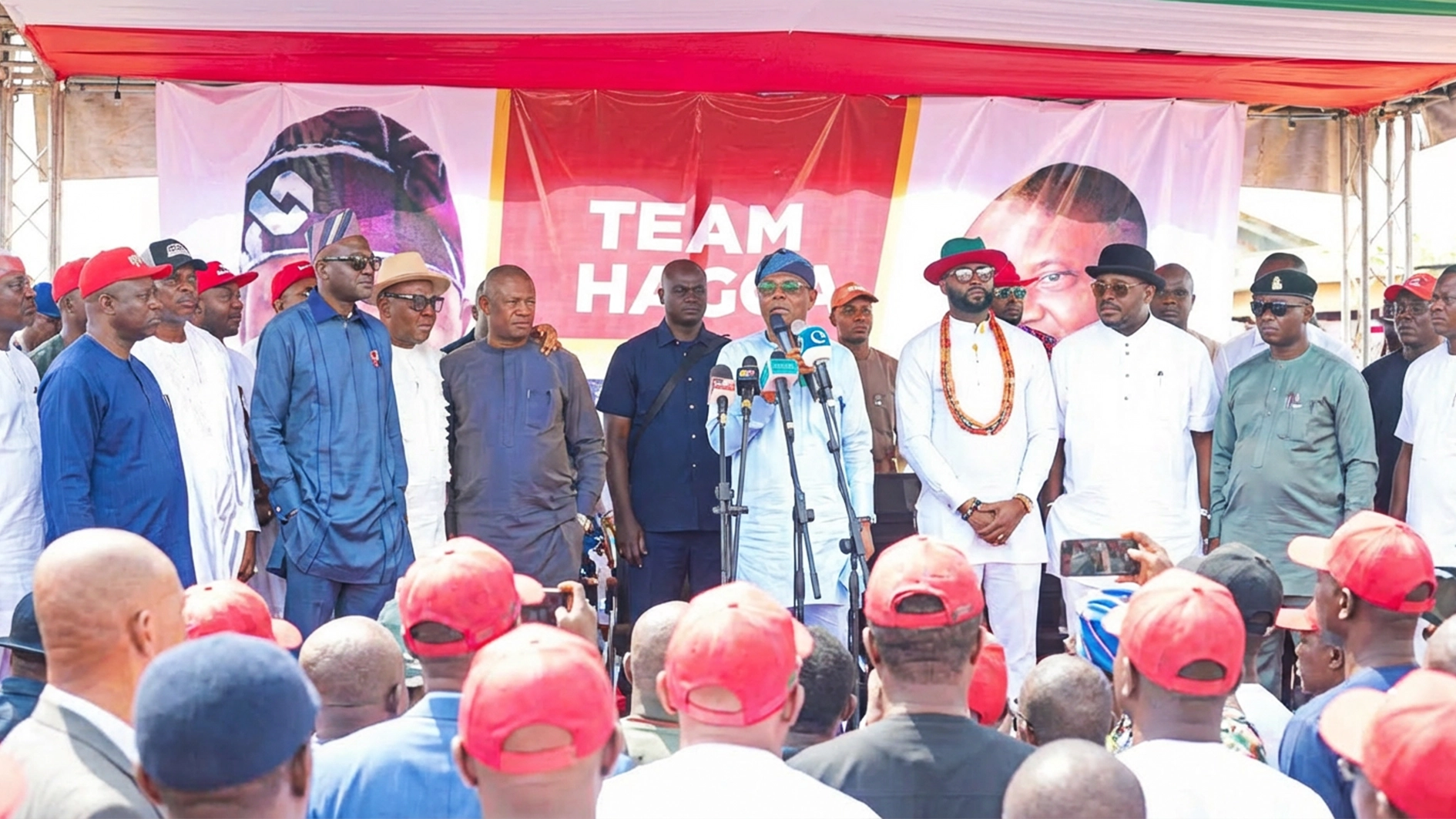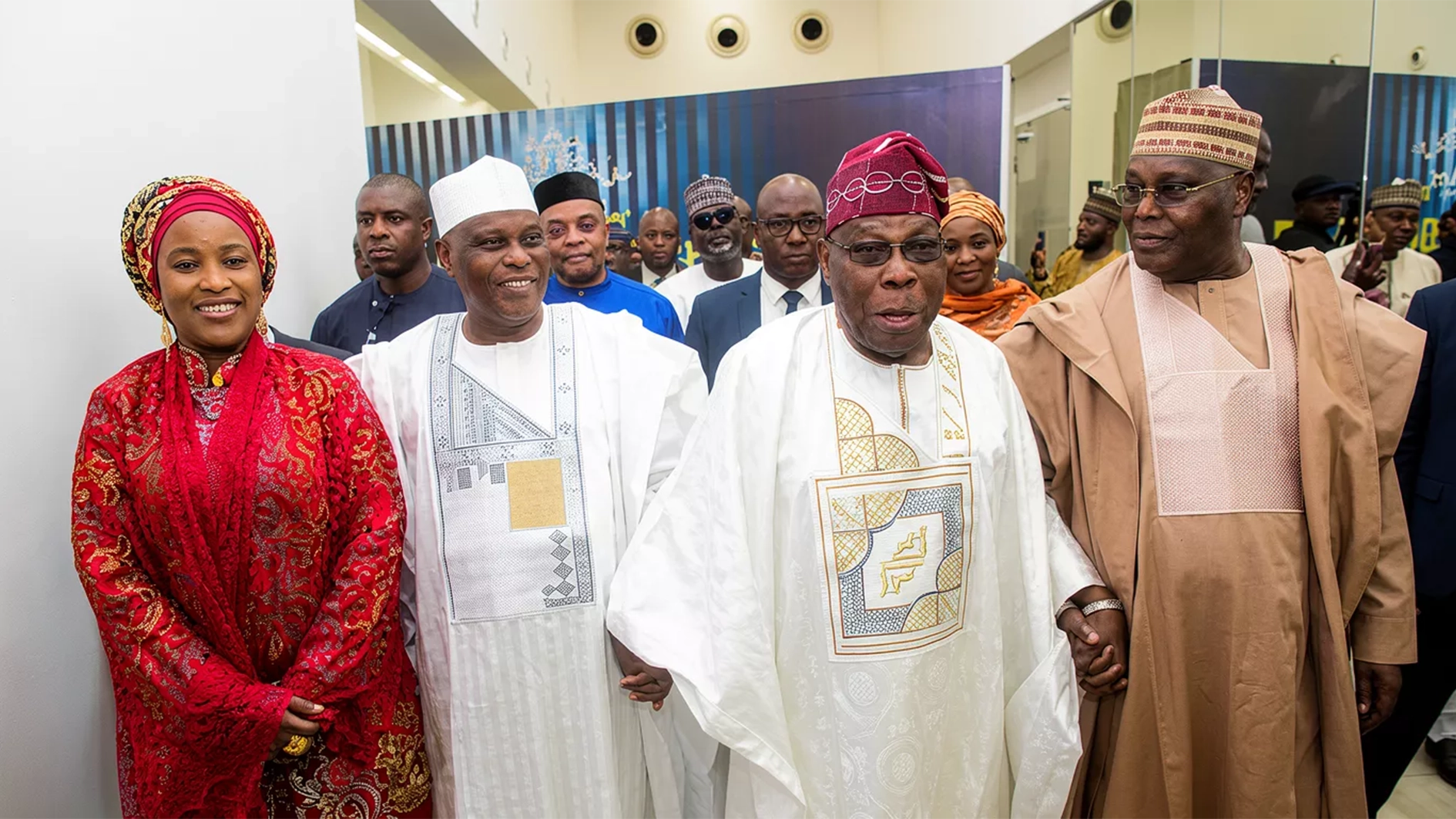 Since the beginning of the Fourth Republic in 1999 and conduct of elections nationwide, never as the turnout of electorates on Election Day been this poor as it was in Edo last weekend.
Since the beginning of the Fourth Republic in 1999 and conduct of elections nationwide, never as the turnout of electorates on Election Day been this poor as it was in Edo last weekend.
While the political class is least bothered by the failure to galvanise interests, bystanders are worried of the future of people participation in civil rule and credible elections, beginning with the Ondo election, MUYIWA ADEYEMI reports.
The just concluded Edo State governorship election has been won and lost, but one of the aftermaths that will not go away so soon is the waning interest of electorates in elections, and a worry for the future of credible elections.
Ab initio, it was a delicately poised election among candidates of the three major parties – All Progressives Congress (APC), Peoples Democratic Party (PDP), and Labour Party (LP). And true to type, while the APC candidate, Monday Okpebholo, was declared winner of the keenly contested election with 291,667 votes, his closest rival and PDP candidate, Asue Ighodalo, polled 247,274 votes. But against all expectations and predictions, Olumide Akpata of the LP got 22,763 representing only four per cent of the total votes cast.
PDP has vowed to challenge the results declared by the Independent National Electoral Commission (INEC) at the Tribunal, citing irregularities in the results from some polling units and wards, which the party alleged, were at variance with what was posted on the IRev.
However, the election witnessed the worst voters’ participation in the last 12 years in the state, recording a meagre 23.14 per cent turnout of voters! According to INEC, there are 2,249,780 registered voters in the state, but 2,249,780 representing 85.57 per cent collected their Permanent Voter Cards (PVCs) ahead of the governorship election. A total number of 379,245 representing 14.43 per cent PVCs remain uncollected.
While declaring the final result on Sunday, the returning officer, Prof. Faruk Adamu Kuta, disclosed that 603,932 voters tuned out for accreditation while 573,965 cast their votes representing 23.14 as against 24.53 per cent turn out in 2020, despite the rampaging COVID-19 pandemic of that year.
However, the returning officer did not explain the discrepancies between the number of accredited voters (603,932) and number of votes cast (573,965) – the difference of 29,976 votes. The explanation is necessary because immediately a voter is accredited by BVAS, s/he is given ballot paper to enter a cubicle to thumbprint the ballot paper and drop it in the transparent ballot box consciously placed where everybody will see that the voter did not drop multiple ballot papers.
Are there instances in Edo State where electorates collected ballot papers and bolted away without casting their votes? Are there polling units where voters were intimidated after collecting ballot papers and did not vote or forgot to drop ballot papers in the box? Obviously the differences between the number of those accredited by BVAS and number of votes cast were not part of the 13,275 votes that were rejected.
While trying to provide answers to the posers, Executive Director of YIAGA Africa, Samson Itodo, in an interview with The Guardian said, “These are valid questions that INEC should be able to provide answers to. And this can be done by making public the number of ballot papers used during the election.”
But an INEC source who pleaded anonymity told The Guardian that, “I cannot answer this question immediately now because I was not part of the collation process in Benin.
“Normally, after a major off-season election such as the just concluded governorship election, the National Commissioners and REC that directly supervised it are expected to brief the Commission about all what transpired before, during and after the election. That is in process.”
Itodo, however, noted that there are instances when electorates could have been accredited and would not complete the process for many reasons.
He said: “It can happen that somebody has been accredited and there was a disruption or argument that temporarily halted the process. By the time they continue, the person already accredited may have left. But if the person collected a ballot paper and didn’t vote, that ballot paper must be accounted for as spoiled or unused ballot paper. INEC must have all these details.
“Apart from this, there are instances of computational error on the part of collating officers. It is not manipulation, in most cases that accounts for these discrepancies.”
Indeed, there has been a southward trend in voters’ participation in the Edo State governorship election since 2012, when it recorded the highest of 40.34 per cent, but 2016 had 32.74 per cent. In that year, only 1,900,223 voters registered with INEC but 613, 244 cast their votes. The election held in 2020 witnessed 24.53 per cent while the slope in the graph continues with 23.14 per cent in the last weekend election.
The state, according to the 2023 reports of the National Bureau of Statistics (NBS) has a population of 5,161,137.
The Guardian checks revealed that voters’ apathy is not peculiar to Edo State. It is a reflection of people’s interest in elections, which has been recording a downward trend since 1999.
The 2023 presidential election also recorded the lowest ever in terms of voters’ participation.
The national turnout was 29 per cent. No election had such a lower participation rate in the six decades of Nigeria’s independence. Of the 93.4 million registered voters, 87.2 million collected their PVCs and the number of actual voters on Election Day was only 24.9 million, while 8,798,520 people voted for President Bola Tinubu, who is now governing over 220 million Nigerians.
In fact, Nigeria started with 52.3 per cent turn out in 1999 with 30 million votes cast out of 57.9 million registered voters.
Many factors have been blamed for the low voters’ turnout in Nigeria. These include economic dire straits on account of poor policies of the ruling elites, and most importantly increasing disbelief in politicians and government in fulfilling their promises and turn the corner. To most Nigerians, there is very little to pick between the major parties that have taken turn to run the country aground.
Besides, the umpire’s (INEC) dismal performances in the previous elections have made many to lose faith in credible elections.
Itodo, who monitored Edo election attributed the low turnout of voters to the tense political environment before the election and huge presence of security forces that intimidated a cross section of voters, which made many to become uninterested because they didn’t want to risk their lives.
He said: “To many electorates, what is the point risking your life when politicians are threatening and behaving as if they are preparing for war and showdown. There was a palpable apprehension before the election.
“Also in the build up to the election, there was a lot of scare mongering that people’s vote was not going to count, that federal might was what was going to deliver the election. So, people felt why wasting their time when the outcome is obvious, which affected the credibility and integrity of the process.
“To some people, their lives have not improved since they started voting in the election. It is more the failure of governance. People feel why do they need to vote when government is not performing? Also there is lack of faith and trust in the election and in the INEC, and it is very high.
“It is too difficult to be a voter in Nigeria and very expensive. And people are asking why we are spending so much on elections when we say we don’t have money and the election is not producing accountable leaders. Some people just see it as a waste of time, especially young people who did not show up massively in the Edo elections.
“It is quite unfortunate and disappointing. That young people are not showing up is making a bold statement, and I hope all those in positions of power and heads of government institutions are listening to what people are saying by not showing up on Election Day.”
Commenting on the development, director of the Centre for Democracy and Development (CDD), Idayat Hassan, said the low participation might be due to the failure of democracy to deliver development.
She said: “The failure of democracy to deliver development has made many not to have interest in participating in elections. Also violence and voter suppression also played a huge role in diminishing voter turnout.”
A public analyst, Amos Akanni said the more politicians in government continue to disappoint Nigerians by considering their personal interests above the welfare of the masses, the more voter apathy will be recorded in Nigeria.
He regretted that voting on Election Day has been reduced to few party members and those lured by inducement by politicians.
“How many Nigerians who know the ostentatious lifestyle of people in government living in Abuja or state capitals will willingly want to vote for them? Most Nigerians are having difficulties in running their homes now with just a meal per day, but they hear news of how they buy jets, posh cars, properties all over the world, including their children. In fact, some of them are on double salaries and allowances while pensioners are owed several years.
“Have they started to implement the minimum wage despite increase in pump prices of petroleum products three times in less than 18 months? Do you know how much they sell 12.5kg of domestic gas now and you expect people to go out and vote?” Hassan queried.
Speaking on why the low turn of voters in Edo State, he added that both the APC and PDP government are not new to the people residing in the state that could not see any difference in both parties.
“Three things can improve voters’ participation in elections in Nigeria. One, improvement in governance, which will bring back trust and confidence of the people in government. Secondly, transparency in the electoral system that will convince people that their votes will count and lastly, Nigeria needs an ideologically based party that will offer new hope, policies and approach to governance. Unfortunately, the Labour Party that ought to fit into this is not different from APC and PDP,” he said.






